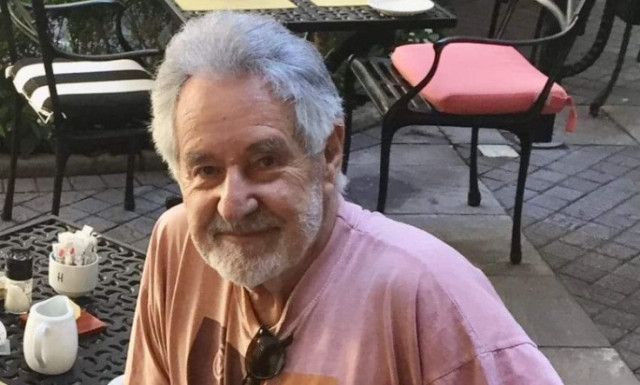South Africa — Celebrated anti-apartheid writer, poet and activist, Breyten Breytenbach, has passed away at age 85.
His family gave the announcement in a statement on Monday, adding that, he died peacefully in his sleep in Paris, with his wife, Yolande Ngo Thi Hoang Lien, by his side.
According to the statement “A militant against apartheid, he fought for a better world until the end.”
His family described him as “an immense artist.”
Breytenbach’s sharp intellect and commitment to justice earned him widespread admiration.
The British satirical show Spitting Image once called him “the only nice South African” in a song during apartheid’s darkest days.
Former French education minister Jack Lang wrote on X: “A rebel with a tender heart, he was part of all the struggles for human rights.”
“I’d never reject Afrikaans as a language, but I reject it as part of the Afrikaner political identity. I no longer consider myself an Afrikaner,” Breytenbach once told The New York Times.
In 1975, Breytenbach returned to South Africa clandestinely to support resistance groups. He was arrested and sentenced to seven years in prison for terrorism.
But during his incarceration, he continued to write poetry, and his experience inspired his critically acclaimed novel, The True Confessions of an Albino Terrorist. The book provides a harrowing account of his time in prison, including two years in solitary confinement.
While he initially fought against apartheid, Breytenbach also criticised the post-apartheid government led by Nelson Mandela, accusing the African National Congress (ANC) of becoming a “corrupt organisation.” His activism extended beyond South Africa, as demonstrated by his 2002 open letter to Israeli Prime Minister Ariel Sharon.
“Why should we look the other way when it is Israel committing crimes?” he wrote, condemning the treatment of Palestinians.
Over his lifetime, Breytenbach published more than 50 books, many translated into multiple languages.
He also gained recognition for his surreal paintings, often portraying themes of captivity.
His contributions to art and literature earned him France’s highest cultural honour, the Knight of the Order of Arts and Letters.




















